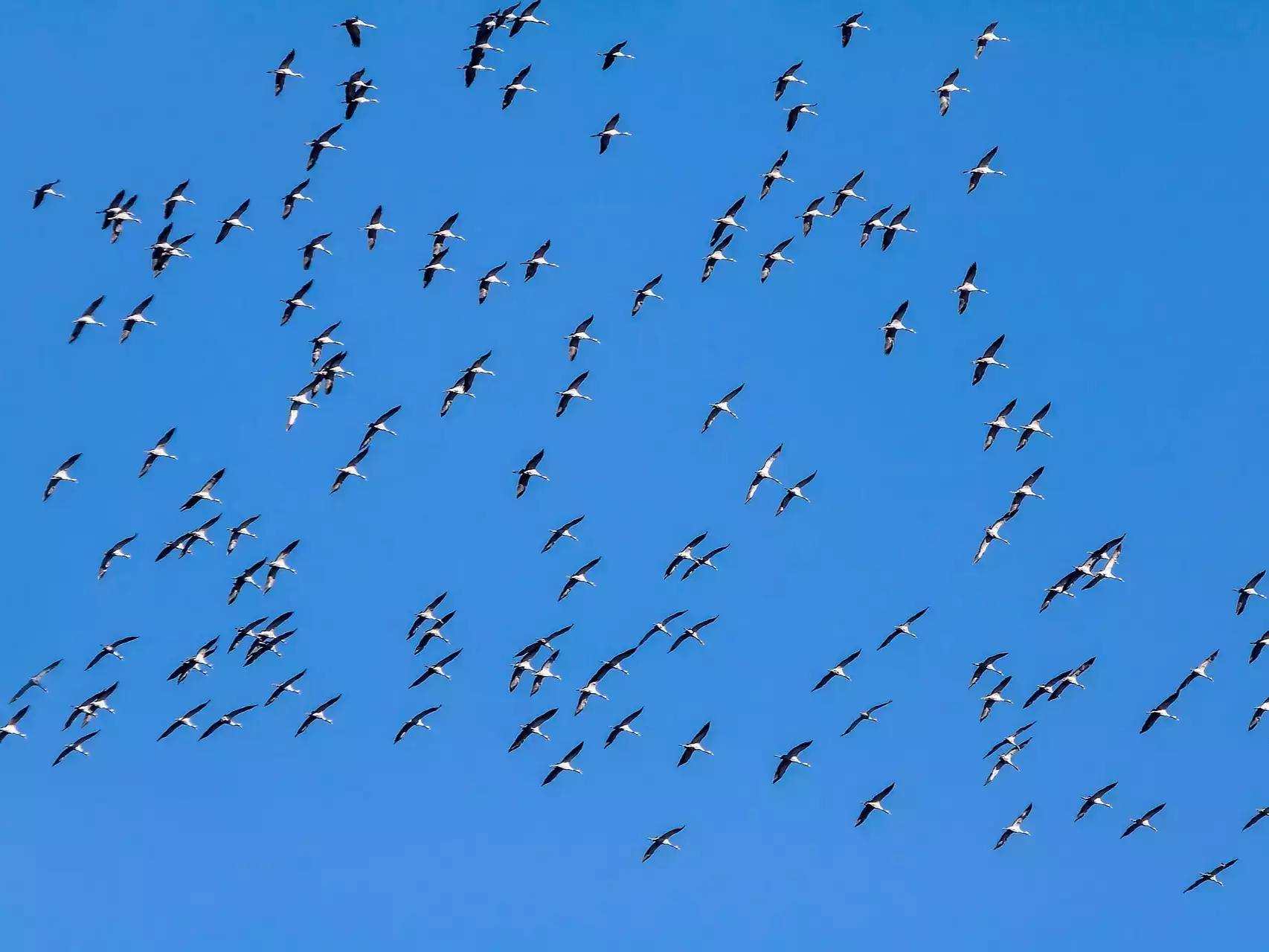Bird Migration Disrupted Space Weather Events, Study Reveals
Much like how advanced mobile phones have replaced our pocket diaries, navigation apps are gradually diminishing our ability to recall routes independently. However, it seems that birds are also facing navigation challenges of their own.
A recent study investigating the historical migration patterns of birds and Earth’s geomagnetic events has found that space weather events are causing significant disruptions in the migratory patterns of nocturnal birds. While this primarily affects perching birds such as thrushes and warblers, it also impacts ducks, geese, swans, sandpipers, and plovers.
While most humans struggle to detect magnetic fields, birds have developed organs sensitive to Earth’s magnetic field, much like sea turtles and trout. These organs allow them to navigate over long distances during their migratory cycles, without the use of a Bird-Map app.
Unfortunately, solar outbursts and other space disturbances frequently disrupt Earth’s natural magnetic fields, leaving birds without a reliable compass to guide them. Data collected from US Doppler weather radar stations and ground-based magnetometers have shown that during these space weather events in the spring and autumn, there is a 9-17% decrease in the number of birds migrating.
Birds that do dare to venture out at night face significant challenges in navigation, especially during autumn when visibility is reduced due to overcast weather. High geomagnetic disturbances not only reduce the migration intensity, but also cause disoriented birds to drift aimlessly with the wind. The study revealed that during strong solar storms in the fall, birds migrating across the US Great Plains put in only three-quarters of the effort to battle crosswinds and often end up lost.
Currently, the Sun is approaching the peak of its 11-year solar activity cycle and is already more active than usual. During this peak, particle storms unleashed the Sun can overload Earth’s satellites, radios, and power grids. As we now know, these storms can wreak havoc on the journeys of birds. Migration is essential for birds to find food, breed, and protect themselves from extreme weather, so magnetic disruptions can have severe consequences and prove fatal for many species.
The research findings have been published in the Proceedings of the National Academy of Sciences and can be accessed here.

